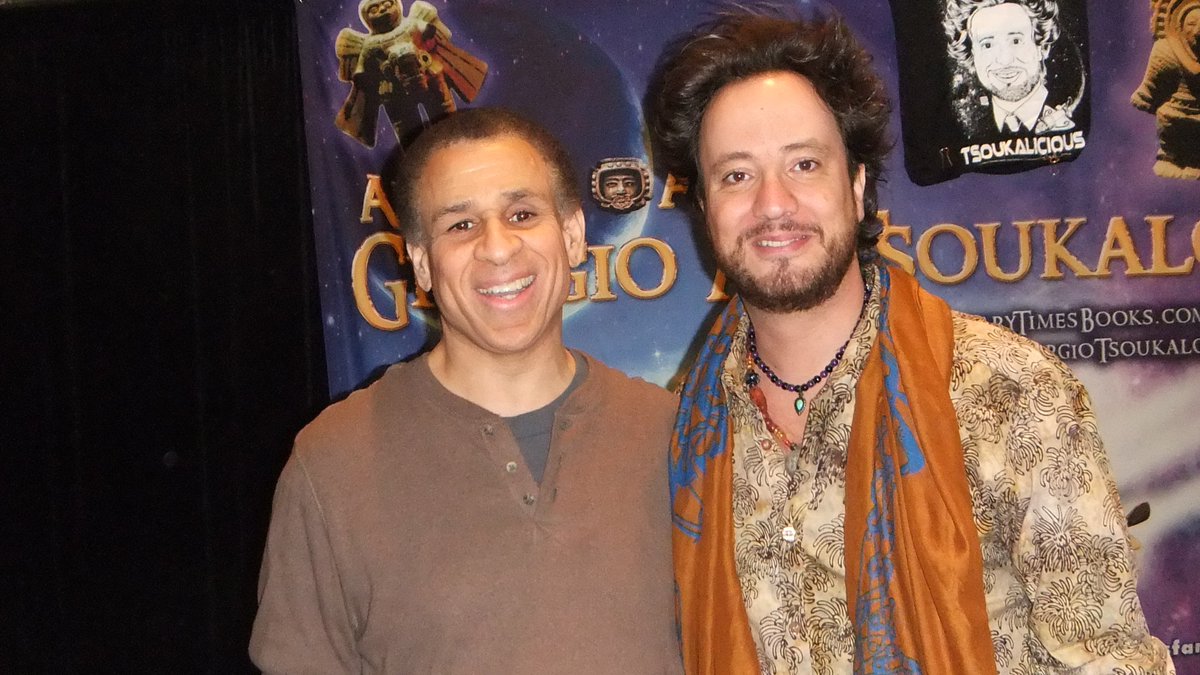
Kaufman and Moss Hart, only ran two weeks on Broadway. The Sondheim-Prince partnership collapsed two years later, after “Merrily We Roll Along,” a musical that traced a friendship backward from its characters’ compromised middle age to their idealistic youth. In 1979, Sondheim and Prince collaborated on what many believe to be Sondheim’s masterpiece, the bloody yet often darkly funny “Sweeney Todd.” An ambitious work, it starred Cariou in the title role as a murderous barber whose customers end up in meat pies baked by Todd’s willing accomplice, played by Angela Lansbury. The musical, also produced and directed by Prince, was not a financial success, but it demonstrated Sondheim’s commitment to offbeat material, filtering its tale of the westernization of Japan through a hybrid American-Kabuki style. “Pacific Overtures,” with a book by John Weidman, followed in 1976. A revival in 2009 starred Angela Lansbury and Catherine Zeta-Jones was nominated for a best revival Tony. Based on Bergman’s “Smiles of a Summer Night,” this rueful romance of middle-age lovers contains the song “Send in the Clowns,” which gained popularity outside the show. In 1973, “A Little Night Music,” starring Glynis Johns and Len Cariou, opened.

The music and lyrics paid homage to great composers of the past such as Jerome Kern, Cole Porter the Gershwins. The following year, Sondheim wrote the score for “Follies,” a look at the shattered hopes and disappointed dreams of women who had appeared in lavish Ziegfeld-style revues. “The Ladies Who Lunch” became a standard for Elaine Stritch. The show, produced and directed by Hal Prince, won Sondheim his first Tony for best score. The episodic adventures of a bachelor (played by Dean Jones) with an inability to commit to a relationship was hailed as capturing the obsessive nature of striving, self-centered New Yorkers.

It was “Company,” which opened on Broadway in April 1970, that cemented Sondheim’s reputation. The musical, based on the play “The Time of the Cuckoo,” ran for six months but was an unhappy experience for both men, who did not get along. Sondheim’s 1965 lyric collaboration with composer Richard Rodgers-“Do I Hear a Waltz?”-also turned out to be problematic. Yet his next show, “Anyone Can Whistle” (1964), flopped, running only nine performances but achieving cult status after its cast recording was released. It was not until 1962 that Sondheim wrote both music and lyrics for a Broadway show, and it turned out to be a smash-the bawdy “A Funny Thing Happened on the Way to the Forum,” starring Zero Mostel as a wily slave in ancient Rome yearning to be free. “If you think of a theater lyric as a short story, as I do, then every line has the weight of a paragraph,” he wrote in his 2010 book Finishing the Hat, the first volume of his collection of lyrics and comments. Taught by no less a genius than Oscar Hammerstein, Sondheim pushed the musical into a darker, richer and more intellectual place.

“The opposite of left is right/The opposite of right is wrong/So anyone who’s left is wrong, right?” he wrote in “Anyone Can Whistle.” In “Company,” he penned the lines: “Good things get better/Bad gets worse/Wait-I think I meant that in reverse.” A New York magazine cover asked “Is Sondheim God?” The Guardian newspaper once offered this question: “Is Stephen Sondheim the Shakespeare of musical theatre?”Ī supreme wordsmith-and an avid player of word games-Sondheim’s joy of language shone through. To theater fans, Sondheim’s sophistication and brilliance made him an icon. Frank Sinatra, who had a hit with Sondheim’s “Send in the Clowns,” once complained: “He could make me a lot happier if he’d write more songs for saloon singers like me.” He was sometimes criticized as a composer of unhummable songs, a badge that didn’t bother Sondheim. Sondheim’s music and lyrics gave his shows a dark, dramatic edge, whereas before him, the dominant tone of musicals was frothy and comic. In 2008, he received a Tony Award for lifetime achievement. Six of Sondheim’s musicals won Tony Awards for best score, and he also received a Pulitzer Prize (“Sunday in the Park”), an Academy Award (for the song “Sooner or Later” from the film Dick Tracy), five Olivier Awards and the Presidential Medal of Honor.


 0 kommentar(er)
0 kommentar(er)
